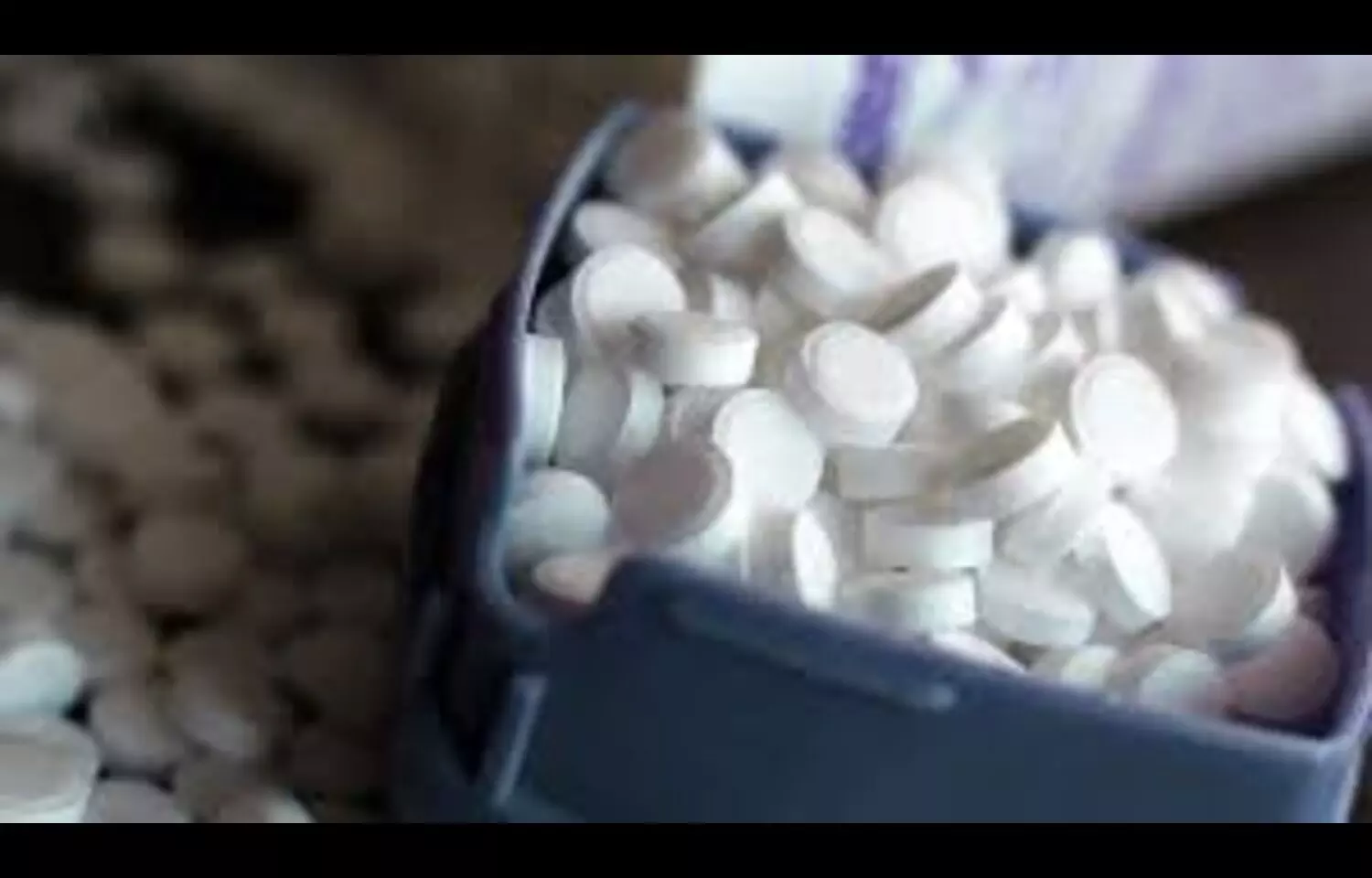Aspartame and added sugars may increase risk of hypertension among children: Study
- byDoctor News Daily Team
- 28 September, 2025
- 0 Comments
- 0 Mins

Researchers have found in a new study that aspartame and added sugars are associated with an increased risk of pediatric hypertension, while steviol glycosides may have a protective effect. The findings indicate that replacing added sugars with non-nutritive sweeteners could lower the risk of high blood pressure in children, underscoring the importance of age-specific dietary guidelines and more research into the cardiovascular impact of sweeteners during growth years. The prospective multicenter cohort study drew data from the Taiwan Pubertal Longitudinal Study, which has been ongoing since 2018 and closely monitored the dietary patterns and cardiovascular health of children aged seven to seventeen. Researchers analyzed dietary intake using a validated sweetener-focused food frequency questionnaire and compared this information with repeated blood pressure measurements, urinary biomarkers, and lifestyle factors. The aim was to identify how different sweeteners, both nutritive and non-nutritive, contribute to cardiovascular outcomes in children who are still undergoing growth and hormonal development. The analysis revealed that children consuming higher levels of aspartame or added sugars were more likely to develop hypertension, with the association stronger among those who were overweight. By contrast, steviol glycosides appeared to lower hypertension risk, suggesting potential benefits of natural plant-derived sweeteners. Interestingly, some differences were observed between boys and girls, hinting at possible sex-specific metabolic responses to sweeteners during puberty. The researchers also noted that replacing added sugars with non-nutritive sweeteners overall was associated with a reduction in hypertension risk, highlighting the potential of dietary substitution strategies as a public health approach. The authors emphasized that while non-nutritive sweeteners may provide some benefits compared with added sugars, not all sweeteners have the same impact on cardiovascular health, and the long-term effects in children remain insufficiently studied. They concluded that moderation of added sugar intake, careful selection of alternative sweeteners, and early prevention strategies could help lower the burden of hypertension in younger populations. Keywords:Aspartame, added sugars, pediatric hypertension, non-nutritive sweeteners, steviol glycosides, children’s cardiovascular health
Disclaimer: This website is designed for healthcare professionals and serves solely for informational purposes.
The content provided should not be interpreted as medical advice, diagnosis, treatment recommendations, prescriptions, or endorsements of specific medical practices. It is not a replacement for professional medical consultation or the expertise of a licensed healthcare provider.
Given the ever-evolving nature of medical science, we strive to keep our information accurate and up to date. However, we do not guarantee the completeness or accuracy of the content.
If you come across any inconsistencies, please reach out to us at
admin@doctornewsdaily.com.
We do not support or endorse medical opinions, treatments, or recommendations that contradict the advice of qualified healthcare professionals.
By using this website, you agree to our
Terms of Use,
Privacy Policy, and
Advertisement Policy.
For further details, please review our
Full Disclaimer.
Recent News
Lower ketone levels and improved exercise capacity...
- 01 November, 2025
Citrus Flavonoids effective nutritional adjunct to...
- 01 November, 2025
Daily kimchi intake linked to reduced BMI and bell...
- 01 November, 2025
Daily Newsletter
Get all the top stories from Blogs to keep track.


0 Comments
Post a comment
No comments yet. Be the first to comment!